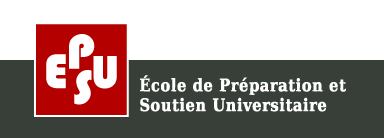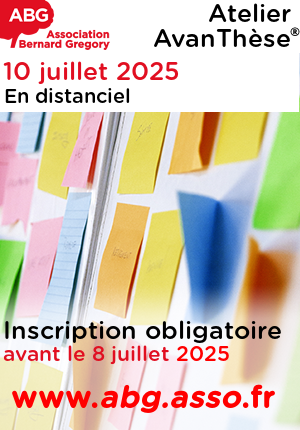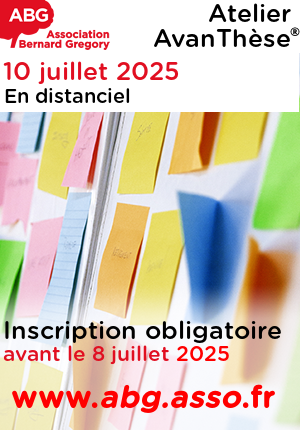Wireless Ingestible Devices for Gastrointestinal Therapeutics, Diagnosis or Intervention
| ABG-132771 | Thesis topic | |
| 2025-07-03 | EU funding |
- Electronics
- Engineering sciences
- Telecommunications
Topic description
Context: Marie Skłodowska-Curie Action (MSCA) Doctoral Networks are joint research and training projects funded by the European Union. Funding is provided for doctoral candidates from both inside and outside Europe to carry out individual project work in a European country other than their own. The Intelli-Ingest MSCA Doctoral Networks is made up of 4 beneficiaries and 6 associated partners, all coordinated by the Biorobotics Institute of Scuola Superiore Sant’Anna, Pisa, Italy.
The Intelli-Ingest Doctoral Network aims to empower 13 young scientists and engineers to become experts in ingestible medical device research and translation. Ingestible devices are minimally invasive, orally delivered medical devices that traverse the gastrointestinal tract, using electronic, mechanical, or smart material elements for diagnosis, therapy, surgery, or sampling. The program's key objectives include advancing the capabilities of ingestible devices by addressing current technical limitations, with a focus on improving diagnostic accuracy, reducing the need for additional interventions, creating environmentally sustainable devices, and developing simulators to reduce reliance on in vivo testing.
The training network is interdisciplinary, integrating various fields such as physiology, electronics, robotics, microengineering, materials science, AI, and pharmaceutical science. The doctoral candidates (DCs) will receive comprehensive training through research projects, secondments, and interactions with industry and clinical environments, preparing them for diverse careers. Additionally, the network seeks to foster international, interdisciplinary, and intersectoral cooperation, contributing to European innovation capacity and advancing the field of minimally invasive, orally delivered medical technologies.
This project will overall develop a minimally invasive, orally delivered miniaturised device for Gastrointestinal Therapeutics, Diagnosis or Intervention. The specific candidate's work in this project area at the IETR laboratory of CNRS will focus on the design, prototyping, and performance assessment of a multiplexed radio-frequency circuits and radiating structures for simultaneous biosensing, connectivity, and localisation of ingestible devices. This work package will be lead by Denys Nikolayev, principal inversigator in Wireless Bioelectronics at CNRS and ERC grantee. The performance assessment of the prototypes will be carried out in collaboration with BodyCap company.
Starting date
Funding category
Funding further details
Presentation of host institution and host laboratory
The CNRS (Centre National de la Recherche Scientifique) is France’s leading public research institution, renowned for advancing knowledge across a wide range of disciplines. With access to exceptional infrastructure, public and private funding, and world-wide collaborations, the CNRS provides an ideal environment for impactful research. Its community includes outstanding scientists, including Nobel laureates, who contribute to projects shaping the future of science and technology. Joining the CNRS means becoming part of a global network of excellence, where innovation thrives.
Website :
PhD title
Country where you obtained your PhD
Institution awarding doctoral degree
Candidate's profile
Skills/Qualifications
- M.Sc. (or equivalent) degree. In accordance with the European Union’s funding rules for doctoral networks, applicants must NOT yet have a PhD
- Knowledge of radio-frequency electronics, circuit design, microwave and antenna engineering.
- Competence in electromagnetics and/or wave physics.
- Basics of numerical EM solvers (e.g., COMSOL, CST, or HFSS), circuit design and simulation software, programming skills (Python or MATLAB).
- Experience with microcontrollers (e.g. Nordic) and Xilinx FPGA is a plus.
- Fluency in English and strong academic writing skills.
Vous avez déjà un compte ?
Nouvel utilisateur ?
Get ABG’s monthly newsletters including news, job offers, grants & fellowships and a selection of relevant events…
Discover our members
 CASDEN
CASDEN  Ifremer
Ifremer  PhDOOC
PhDOOC  MabDesign
MabDesign  Aérocentre, Pôle d'excellence régional
Aérocentre, Pôle d'excellence régional  ONERA - The French Aerospace Lab
ONERA - The French Aerospace Lab  CESI
CESI  MabDesign
MabDesign  Nokia Bell Labs France
Nokia Bell Labs France  TotalEnergies
TotalEnergies  Généthon
Généthon  ADEME
ADEME  Tecknowmetrix
Tecknowmetrix  Laboratoire National de Métrologie et d'Essais - LNE
Laboratoire National de Métrologie et d'Essais - LNE  Groupe AFNOR - Association française de normalisation
Groupe AFNOR - Association française de normalisation  SUEZ
SUEZ  ANRT
ANRT  Institut Sup'biotech de Paris
Institut Sup'biotech de Paris  ASNR - Autorité de sûreté nucléaire et de radioprotection - Siège
ASNR - Autorité de sûreté nucléaire et de radioprotection - Siège
-
JobRef. 132742Genève, Switzerland
 EPSU
EPSUProfesseur de Biologie UP à Genève
Scientific expertises :Biology - Biochemistry - Chemistry
Experience level :Confirmed
-
JobRef. 132696Montreal, CanadaMcGill University
Post-doctoral position in medicinal chemistry
Scientific expertises :Chemistry - Biochemistry
Experience level :Junior





